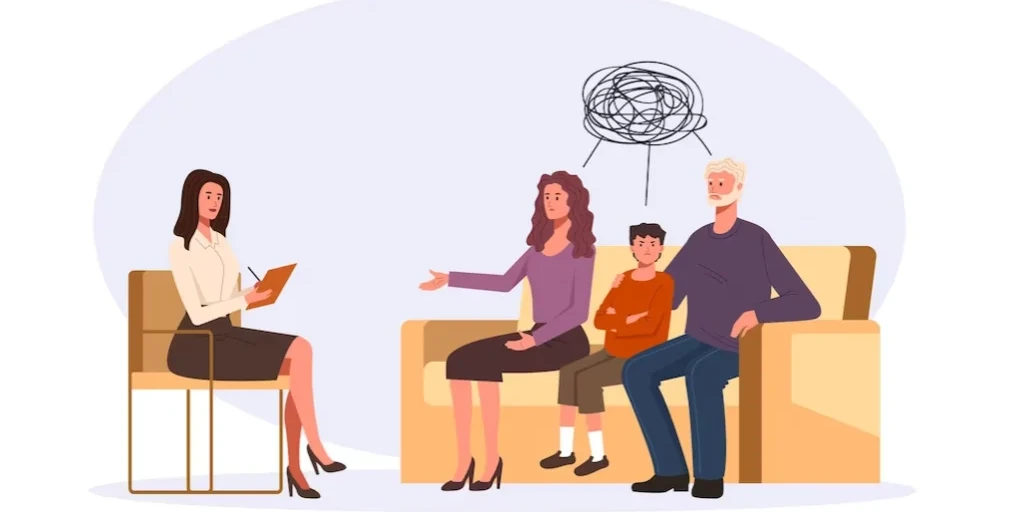24/7 Helpline:
(866) 899-221924/7 Helpline:
(866) 899-2219
Learn more about Medication-assisted Treatment centers in Callahan County

Other Insurance Options

GEHA

Evernorth

Carleon

Private insurance

Humana

BlueShield

BlueCross

Horizon Healthcare Service

CareFirst

CareSource

Kaiser Permanente

Optum

Aetna

BHS | Behavioral Health Systems

Sutter

State Farm

Medical Mutual of Ohio

Choice Care Network

Anthem

Health Net






















